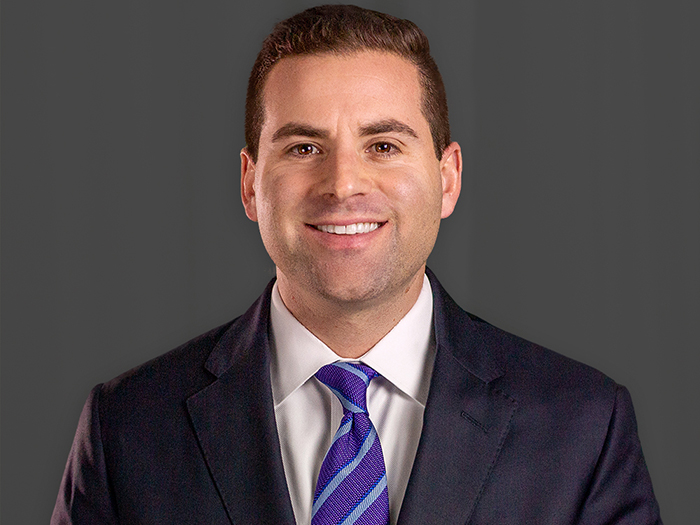International Studies
Universities Cancel Classes in Israel

Amid the turmoil in the Middle East, a number of major American colleges and universities have cancelled fall semester undergraduate study programs in Israel.
Although a cease fire was recently announced, UMass Amherst had already cancelled all study for undergraduates in Israel for the fall semester, due to the fighting in the Gaza Strip, university officials announced.
The university said its International Risk Management Committee made the decision based on advice from the U.S. State Department, insurance companies, risk management consultants and other sources.
Insurance companies cover students for health, accidents, security and even evacuation, for some colleges.
New York University suspended its Tel Aviv program for the fall semester after being approached by some students and their families who expressed concern about the situation in the region.
“The safety of these 10 students was our foremost concern in our deliberations about whether or not to disrupt the academic program,” the university said. “We look forward to resuming classes at the Tel Aviv site in January.”
Other schools that have suspended programs in Israel or the West Bank include Trinity College in Hartford, the University of Iowa, the University of Michigan, Michigan State, Claremont McKenna College in California, and Penn State, according to the Associated Press.
Colleges told the AP that security was the top concern.
“The State Department recommends that U.S. citizens consider the deferral of non-essential travel to Israel and the West Bank,” according to the department’s latest travel advisory for the region.
“Israel is certainly on our list for civil unrest” at Middleburg, Va.-based Wallach & Co. Inc., providers of international travel insurance, said Belinda Smallwood, office manager.
“Basically, there are certain countries that go on the civil unrest list and underwriters can choose whether they want to add more war risk coverage,” she said.
John W. Cook, president of East Hartford, Conn.-based QuoteWright.com, said coverage for travel to Israel is still available, but the following exclusions are common to all travel insurance policies: declared or undeclared war, or any act of war; and any government regulations or prohibitions.
“So cancellations or interruptions caused either directly or indirectly by the military action will probably not be covered,” said Cook, whose firm’s website allows consumers to compare, review and buy travel insurance.
Thomas R. Petersen, vice president of Valencia, Calif.-based Petersen International Underwriters, said his firm has noticed that Israel has made an “incredibly strong push to say how safe it is to be in Israel.”
“When you get rockets lobbed near to the airport, it’s getting awfully close, but that doesn’t seem to penetrate a lot of people’s thinking,” said Petersen, whose firm is a Lloyd’s of London cover-holder that handles all forms of special risk insurance administration.
Petersen said his firm has not seen a decrease in sales of travel medical policies for Israel. “What we have seen is an increase in inquiries in war and terrorism coverage,” he said.
“I would say compared to normal it’s probably, on average, a 500 percent greater amount [of inquiries] compared to last year,” Petersen said. “Is that 50 more inquiries? Probably. I know it’s a significantly higher number of people asking about war and terrorism coverage than they ever have in the past.”
Indications are the same number of people in general still plan to travel and they don’t fear it, Petersen said. “They may be more cautious as opposed to scared,” he added.
Petersen noted that many of the requests his firm receives for travel medical policies are from fairly young people.
“A lot of them in theory have to be students, because a lot of them stay for six months or nine months or a year at a time,” he said. “I mean they’re not going just to see the Wailing Wall and then getting back here. They’ll be spending time there.”
Wallach & Co.’s Smallwood said the firm’s global health care plan for undergraduate students studying abroad lasts up to six months.
“You purchase it by the week and it’s $250,000 in coverage with a $100 deductible per illness or injury,” Smallwood said. “It covers accident and sickness coverage, which includes medical evacuation and repatriation.”
The standard rate would be $9 per week. In Israel, Wallach would have to know where a student was going to be located to determine a quote, Smallwood said.
Israeli educational programs are not the only victims of civil unrest. UMass Amherst also suspended programs in Syria, and St. Lawrence University in New York called off its program in Kenya, citing a State Department travel advisory.











